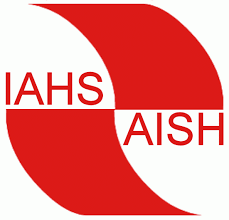|
W4 Long-term evolution in catchment water quality |
| Convener: Per Stålnacke | Co-Conveners: Barry Croke , Elango Lakshmanan , Xiaohong Chen |
|
Oral programme
/ Tue, 11 Jul, 08:30–12:20
/ Room C2
|
Supporting commission(s) / organisations: ICWQ, ICWRS, Panta Rhei
We currently lack a framework for analysing and learning from case-studies of how different water qualities evolve across different catchments. A temporal framework for analysing the evolution of water quality in catchments is proposed, moving from Phase I (low human population and pristine water quality), through Phase II (increasing resource exploitation and human population resulting in water quality deterioration) to Phase III (reduced intensity in human activity, either through economic collapse or environmental policy) following which water quality improves to a new “state” in Phase IV. Contributions are invited to this symposium which: a) analyse long-term catchment water quality datasets using this novel framework, b) demonstrate underlying catchment system dynamics relevant to water quality or c) focus on conservative and reactive tracers as indicators giving evidence for the response times of the different Phases I-IV. It is expected that different water quality concerns will follow different trajectories depending on underlying geomorphological and socioeconomic conditions of individual catchments, and may also be more or less sensitive to climate non-stationarity and land-use policy. Of particular interest will be the analysis of the recovery seen in water quality in Phase IV, and understanding what natural and social factors determine the degree of recovery.
